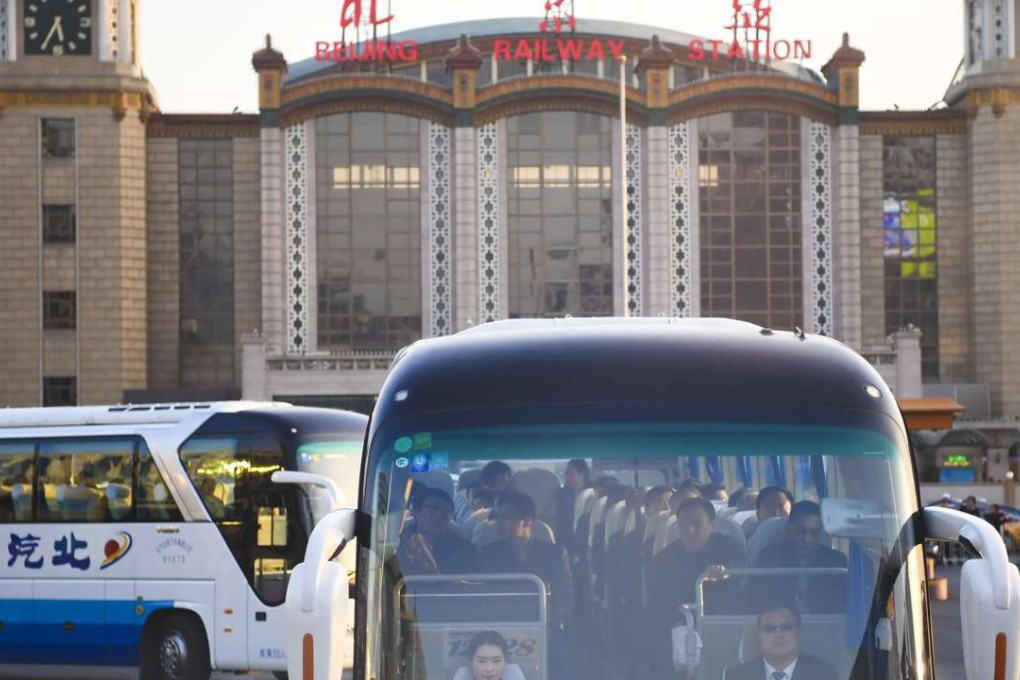China Briefing | China’s ‘Two Sessions’: economy on agenda, Trump on hidden agenda
As the great and good gather for China’s biggest political show, the world will be glued to their economic plans. Those attending may be thinking of other things: a looming leadership reshuffle and how to deal with Donald Trump

At this time every year more than 5,000 of China’s governing elite descend on Beijing to discuss and set economic and social agendas for the year. The meetings, known as the “Two Sessions” used to be staid national affairs, as the deputies to the National People’s Congress and delegates to the Chinese People’s Political Consultative Conference merely toed the party line and rubber stamped government proposals.
Who goes there? Hong Kong’s participation in China’s ‘two sessions’ explained
But in recent years they have gained international prominence, not only because many of those attendees have become increasingly critical, but more importantly, messages and decisions from the meetings have profound implications for the global business community given China’s economic strength and increasingly assertive posture on the international stage.
This year has taken on particular significance. The world is watching with intense interest the economic agenda, including growth and investment targets to be announced on Sunday, the first day of the NPC session, and for signs of whether the world’s second-largest economy will stabilise this year amid rising global economic uncertainties.

Even more interesting are the two issues which are not on the agenda but are most likely to be at the forefront of attendees’s minds. One is the Communist Party’s 19th congress scheduled for autumn this year, which will approve a new national leadership line-up for the next five years; the other is how US President Donald Trump’s unpredictable presidency will affect China’s economy and its international relations in the years to come.
Two sessions in a digital age: the innovative tech photographing Beijing’s NPC
Unveiling his government work report on Sunday, Premier Li Keqiang (李克強) is expected to follow last year’s precedent by announcing an economic growth range of 6.5 to 7 per cent for this year. Last year, the mainland economy grew by 6.7 per cent, the slowest in 26 years and the sixth year in a row the growth rate declined.
